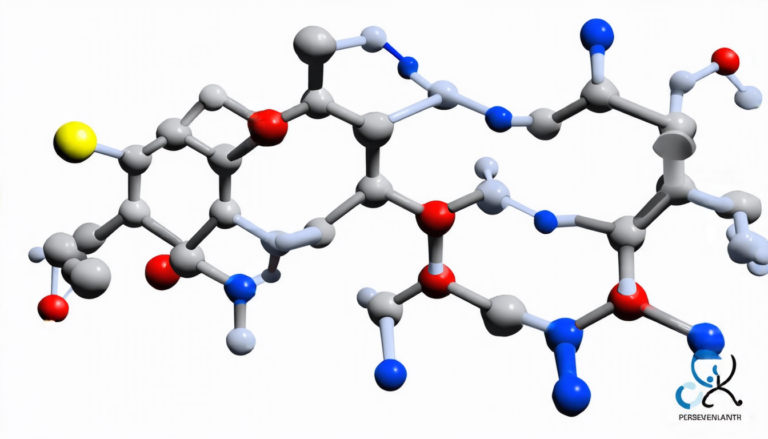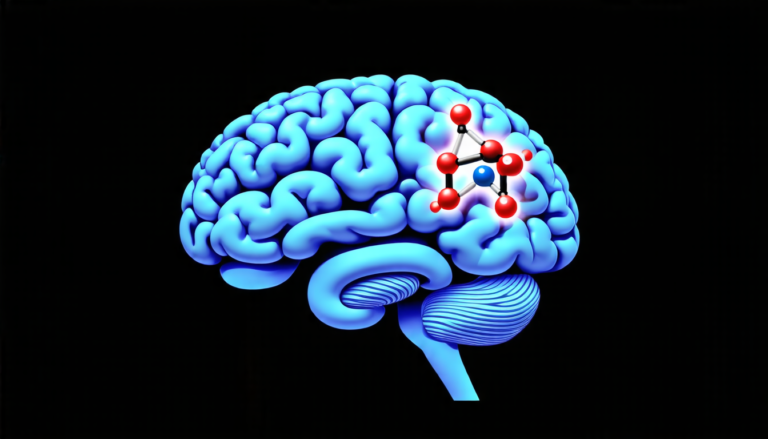Thursday 10 April 2025
Scientists have long been fascinated by the possibility of creating life forms that don’t rely on carbon, the element that makes up most living things on Earth. Silicon, a common component in sand and quartz, has emerged as a promising alternative. Researchers have been exploring its potential to support life, with some even suggesting it could be used to create new species.
One of the key challenges is understanding how silicon interacts with other elements in biological systems. Silicon can form strong bonds with carbon, oxygen, and hydrogen, making it an attractive candidate for creating novel biomolecules. In fact, studies have shown that silicon-based compounds can exhibit properties similar to those found in biological molecules, such as flexibility and reactivity.
To investigate this further, scientists have been studying the properties of silicon-containing molecules and their potential applications in synthetic biology. For instance, researchers have developed enzymes that can incorporate silicon into organic molecules, a process that could lead to the creation of new biomolecules with unique properties.
In addition to its potential as a building block for life, silicon is also being explored as a means of improving plant growth and resilience. Silicon is already known to play a role in plant development, but researchers are now investigating how it can be used to enhance plant defenses against disease and environmental stressors. By understanding the mechanisms by which silicon influences plant biology, scientists hope to develop new strategies for sustainable agriculture.
The study of silicon-based life forms also raises interesting questions about the origins of life on Earth. Could silicon have played a role in the emergence of life on our planet? Researchers are exploring these ideas through simulations and experiments that mimic the conditions thought to exist during the early stages of Earth’s formation.
While we’re still far from creating fully formed silicon-based organisms, the research has already led to exciting breakthroughs. For example, scientists have developed new materials with unique properties by incorporating silicon into their structure. These advances could have significant implications for fields such as medicine and energy production.
As researchers continue to explore the potential of silicon in biological systems, they’re also uncovering new insights into the fundamental nature of life itself. By pushing the boundaries of what we know about biology, scientists are helping us better understand the complex web of interactions that underpin all living things.
The study of silicon-based life forms is a rapidly evolving field, with new discoveries and breakthroughs emerging regularly. As our understanding of this fascinating topic grows, so too do the possibilities for innovation and discovery.
Cite this article: “Silicon: The Next Frontier in Plant Synthetic Biology?”, The Science Archive, 2025.
Silicon, Biology, Life Forms, Carbon, Alternative, Biomolecules, Synthetic Biology, Enzymes, Plant Growth, Sustainable Agriculture.







